Saoji Dental Studio
Laser Dentistry
What Is Laser Dentistry?
Laser dentistry involves the use of focused light beams (lasers) to perform a variety of dental procedures. These lasers can cut or reshape soft tissues (like gums) and hard tissues (like teeth or bone) with high precision. It’s a modern alternative to traditional tools like drills and scalpels, offering a more comfortable experience for patients.
Common types of dental lasers include:
- Soft tissue lasers – for gums, lips, and other soft areas.
- Hard tissue lasers – for teeth and bone structures.
Benefits of Laser Dental Surgeries
- Minimized Pain and Discomfort:
Lasers often reduce the need for anesthesia and eliminate the vibration and heat associated with dental drills. - Faster Healing and Recovery:
Laser treatment minimizes tissue damage and promotes faster wound healing. - Reduced Bleeding and Swelling:
Lasers cauterize blood vessels as they cut, resulting in less bleeding. - Lower Risk of Infection:
The high-energy beam sterilizes the area, reducing bacterial contamination. - Precision and Accuracy:
Lasers can remove decay or reshape tissues with minimal impact on surrounding areas. - Quiet and Comfortable:
No drilling noise or pressure, which is especially helpful for anxious patients.
Benefits of Laser Dental Surgeries
- Gum reshaping (for “gummy” smiles)
- Treatment of gum disease
- Removing inflamed gum tissues
- Treating canker sores or cold sores
- Removing tooth decay before filling
- Teeth whitening activation
- Frenectomy (tongue-tie release)
Biopsies and lesion removal
How the Procedure Works
- Evaluation and Planning:
The dentist examines your condition and decides if laser treatment is suitable. - Laser Application:
The laser is directed at the target area. The type of laser and intensity depends on the treatment. - Treatment Monitoring:
The dentist controls depth and heat to perform the procedure with precision. - Minimal or No Sutures:
Most soft tissue procedures do not require stitches due to the laser’s cauterizing ability.
Duration: Varies based on the procedure—typically shorter than traditional methods.
Caring for Your Mouth After Laser Surgery
- Follow Your Dentist’s Instructions:
These may include dietary adjustments, medication, or salt water rinses. - Eat Soft, Cool Foods:
Avoid spicy, crunchy, or hot foods for a few days. - Oral Hygiene:
Maintain good hygiene, but brush gently near the treated area. - Avoid Smoking and Alcohol:
These can interfere with healing. - Watch for Unusual Symptoms:
Mild soreness is normal, but contact your dentist if there’s severe pain, swelling, or bleeding. - Attend Follow-up Visits:
Your dentist may need to assess healing progress.
Cosmetic Surgery

